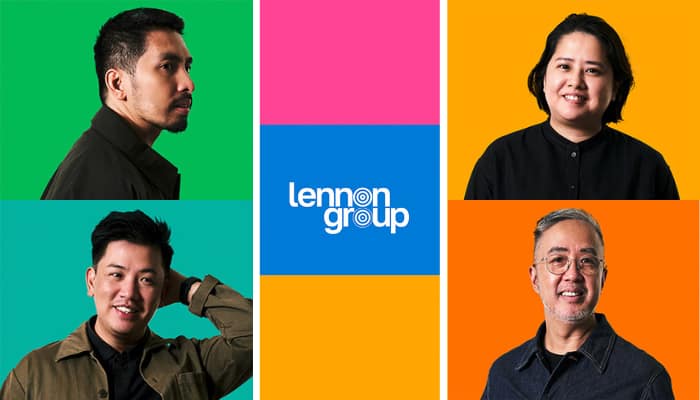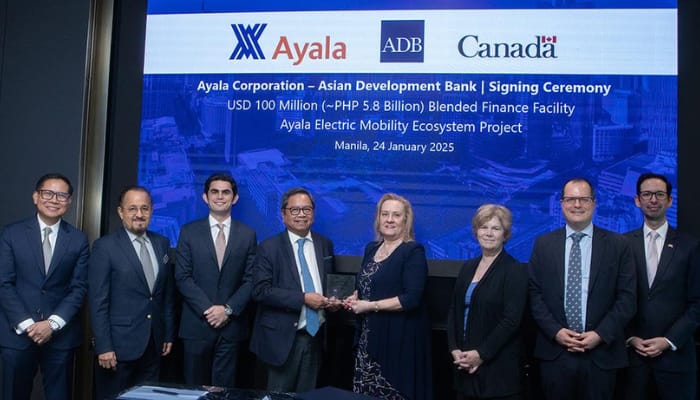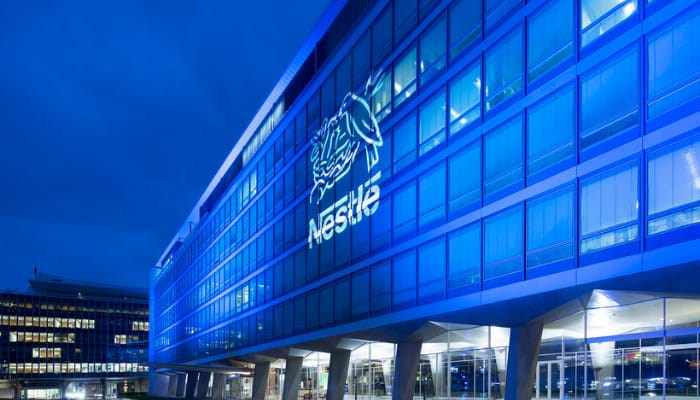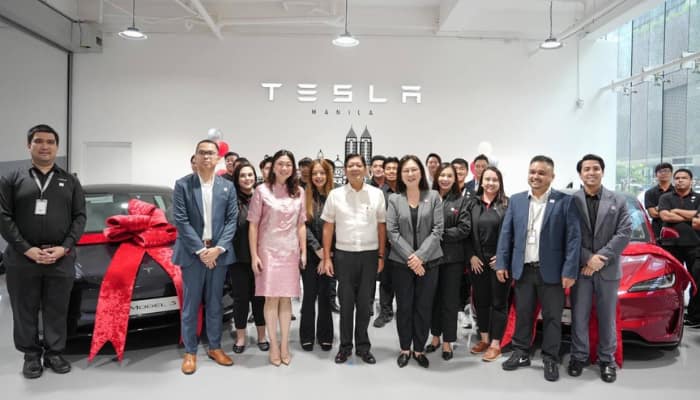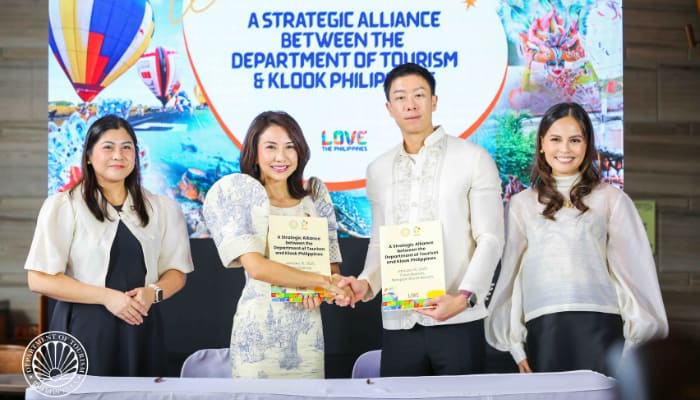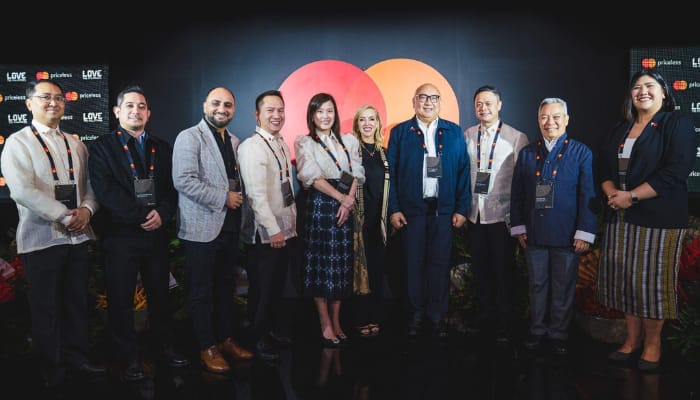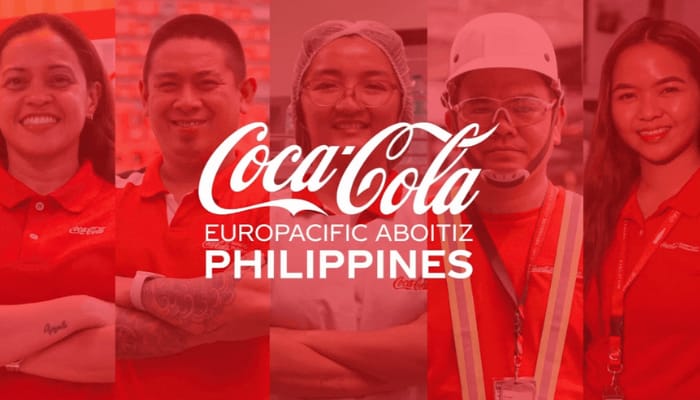Philippines – Marketing creatives from the Philippines have set up a new social good agency in Manila. The agency, called ‘Lennon Group,’ aims to direct creativity towards social welfare.
Founded by creatives Raymund Sison, Rizza Garcia, Alan Fontanilla, and Miguel Co, Lennon Group promotes societal consciousness in the creative industry. The marketing creatives aim to harness creativity to be impactful in people, businesses, and communities.
Lennon Group introduces a unique staffing model, selecting the best talents. Combining strategic thinking with innovation, the agency intends to find the intersection between humanity, creativity, and technology.
Sison, who leads the team, brings almost 20 years of experience in creative communications, branding, and digital experience. He has worked with both local and global brands, including start-ups, non-profits, and non-government organisations.
“It’s a dream come true,” Raymund Sison, founder & creative chief of Lennon Group, said.
“We wanted a creative company that is conscious of what’s happening in the real world and cares about how to make it better. All these years, we’ve always tried to find ways for creativity to help inspire and uplift humanity, for ideas that make a real difference in the world. Now we have an opportunity to make it happen every day,” Sison added.
“Our name was inspired by our creative idol, John Lennon, who changed the world through creativity,” Garcia, co-founder & executive creative director, commented.
“We understand that the best of talents don’t want to be tied down to one thing. So we accept and maximize whatever and however way the talent wants to contribute. It’s a new way of contracting that focuses on commitment to talent and their impact, rather than their commitment to time and time-ins. It’s a new way of working that puts the very best for the studio and the talent. We think it’s a win-win,” Garcia added.
“We aim to create initiatives and projects that respect humanity, use creativity to inspire and uplift, and maximize the power of technology in the service of humans,” Co, co-founder, CFO and CTO, said.
“As a social good agency, we are aligning our mission with the UN SDGs, all the way to our local and national development goals, and always, always using creativity to uplift humanity,” Fontanilla, co-founder and COO, said.
“So we cater to brands and businesses, NGOs and Non-Profits, associations and government organizations — from healthcare to financial literacy to sustainability to wellness and wellbeing to education to food and nutrition to women and gender and rights for all to art and culture, all the way to nation-building and responsible citizenship,” Fontanilla added.

